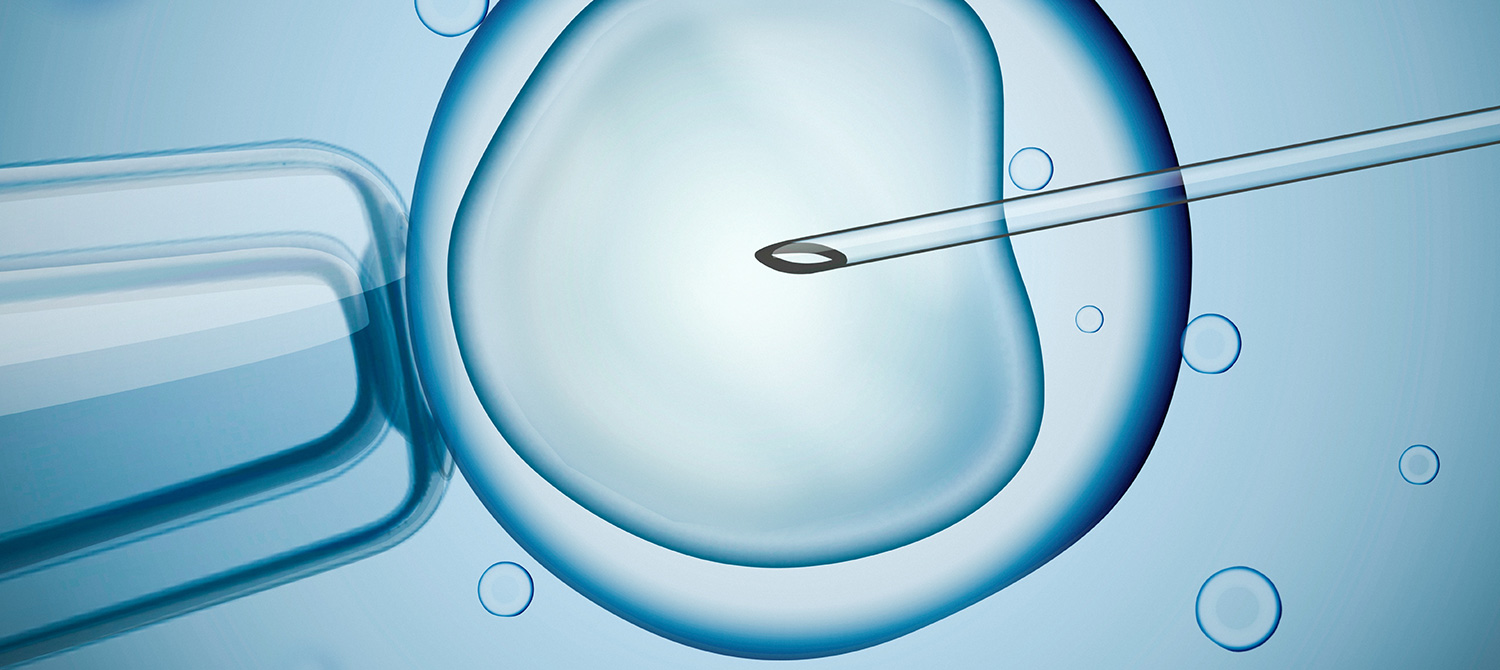In Vitro Fertilisation/Intra-Cytoplasmic Sperm Injection (IVF/ICSI)

In vitro fertilization (IVF) entails the fertilisation of collected oocytes in controlled laboratory conditions. This process bypasses the natural and abnormal obstacles that may stand between the sperm and the oocyte in vivo, thus facilitating fertilisation in cases where it may not have occurred naturally. The oocytes that will undergo IVF may be collected after natural cycle, mild stimulation, conventional stimulation or oocyte donation, depending on the baseline fertility status and circumstances of each individual patient.
Intra-Cytoplasmic Sperm Injection (ICSI) is an additional, laboratory technique that focuses on the male factor of fertilisation. Namely, it involves the direct injection of a single sperm into the interior of the oocyte (the cytoplasm), via the use of a specialized glass pipette. Via ICSI, the genetic material of a selected sperm cell is directly delivered into the oocyte, thus bypassing the process of sperm penetration of the oocyte’s outer membrane, which may be challenging or even next to impossible for cases of male factor infertility. Based on the severity of the male infertility, sperm selection could be performed via basic or advanced sperm preparation, while in particularly challenging cases the use of a donor’s sperm may constitute a solution.
ICSI is recommended for couples with male factor infertility:
- Low sperm count (oligospermia)
- Sperm with abnormal morphology (teratospermia)
- Sperm with motility issues (asthenospermia)
- Combined pathology
- Sperm that requires surgical collection (TESE, micro-TESE)
